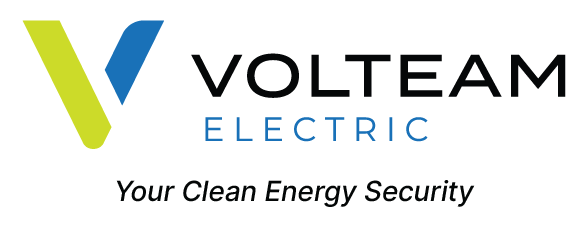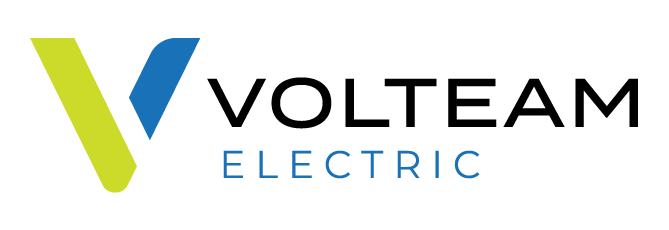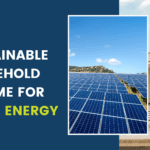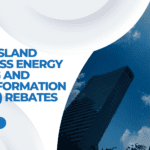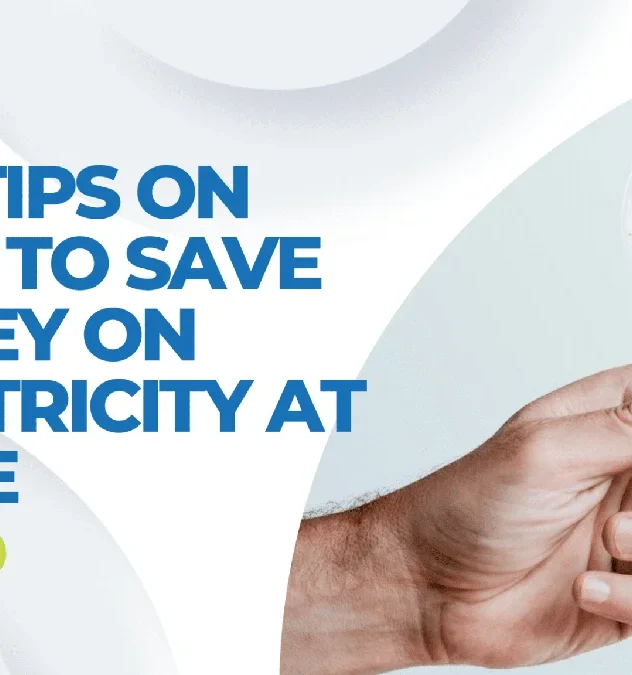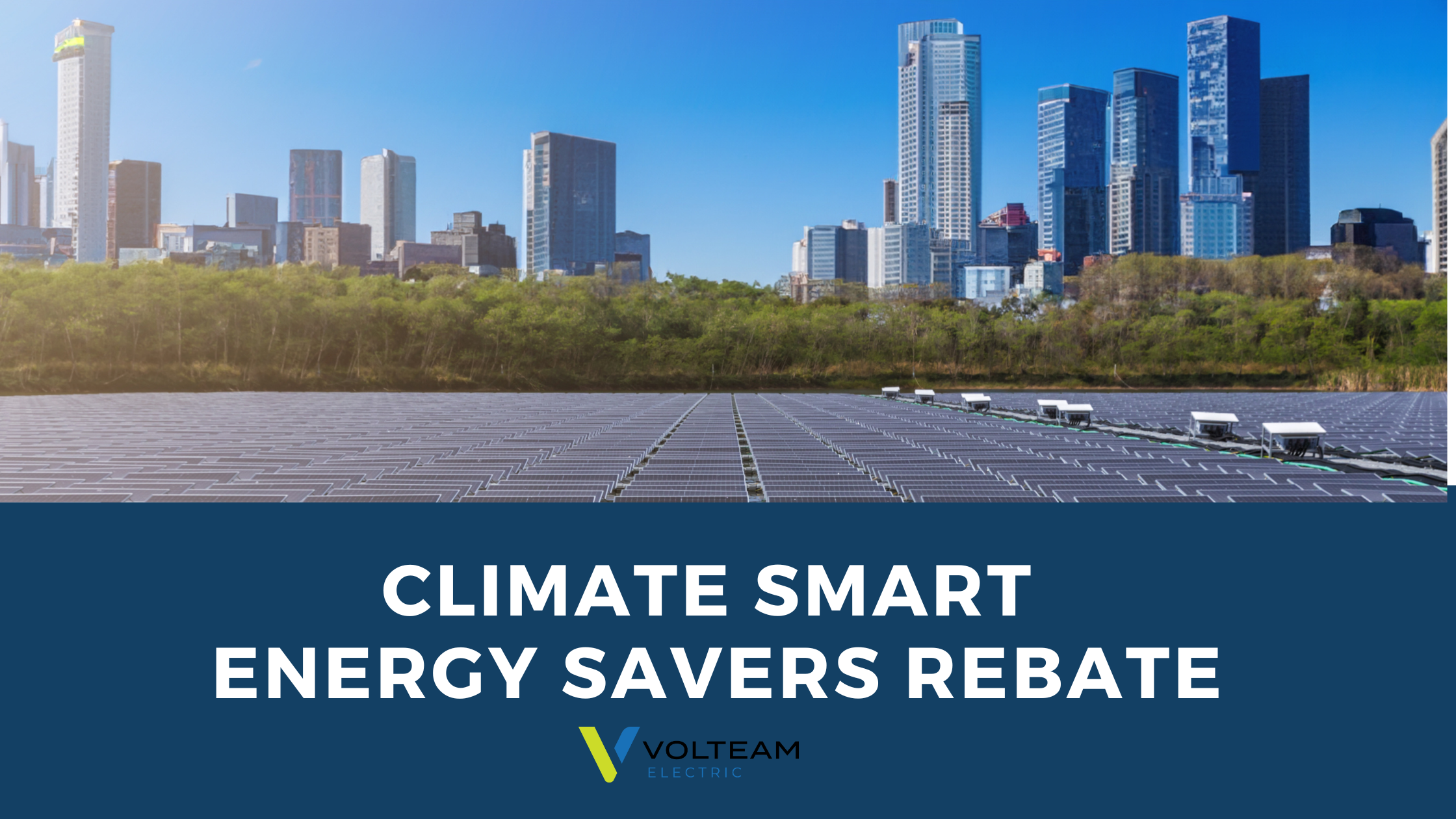
Climate Smart Energy Savers Rebate
The Climate Smart Energy Savers Rebate helped over 72,700 Queensland householders install more energy-efficient and climate-smart technologies in their homes. This scheme was ideal for those looking to make energy savings by reducing their electricity consumption, while also contributing to a greener planet.
The Queensland Government’s initiative began in September 2023 and closed at the start of 2024, with the program’s budget starting at $22 million and quickly being doubled to $44 million thanks to its popularity.
In this guide, we’ll explain how the Climate Smart Energy Savers Rebate worked and recommend some alternative ways to improve your home’s energy efficiency since the program’s closure.
What is the Climate Smart Energy Savers Rebate?
The Climate Smart Program was part of the Queensland Energy and Jobs Plan, a cost-of-living measure that helps residents better manage their energy use.
By upgrading old appliances and hot water systems, this aimed to reduce carbon emissions while encouraging significant energy savings on bills. The scheme continues to contribute to the target set by the Queensland Government, which is to reduce carbon emissions to 75% below 2005 levels by 2035.
Eligible households participating in the scheme were offered cashback of between $300 and $1,000 on a range of energy-efficient appliances, with the average rebate being $440.
How Does the Climate Smart Energy Savers Rebate Work?
To qualify, appliances needed to have energy-efficiency ratings of 4 stars or better, and included:
- Air conditioners
- Washing machines
- Dryers
- Refrigerators
- Dishwashers
As well as the type of energy-efficient appliances installed, the amount of cashback granted depended on the overall household income. For instance, the program’s standard rebate for washing machines was $300, while the low-income rebate was as high as $550.
The Climate Smart Energy Savers program also encouraged eligible households to take energy-saving measures, such as using energy-efficient lighting, improving insulation, and installing either solar hot water systems or heat pump hot water systems that rely on renewable energy sources.
Benefits of the Climate Smart Energy Savers Program
Queensland residents who made the upgrade to more energy-efficient electrical appliances through the Climate Smart Energy Program are estimated to have saved approximately $103 per year on electricity bills.
Collectively, this equates to an annual saving of more than $7 million. Those who applied were also able to save a significant amount of money on the initial purchase of the appliance.
Over 50% of the funding paid out from the scheme was to low-income households, making it a great option for those who would have otherwise struggled to cover the cost of these appliances. The program has therefore also had a positive long-term impact on the high cost of living, with Climate Council research suggesting that Queenslanders could save over $800 per year by swapping out their gas hot water systems for a solar hot water system.
With a huge 22,232 energy-saving refrigerators, 24,020 washing machines, and almost 11,000 dishwashers purchased, energy-efficient rebates also mean that less electricity is required. Fewer fossil fuels are therefore burnt to power Queensland homes and businesses.
As a result, greenhouse gas emissions are estimated to have reduced by around 0.27 tonnes of Co2 a year, which also reduces stress on the electricity grid at peak times.
Improve Your Home’s Energy Efficiency Today
Although the Climate Smart Energy Savers Rebate program is now closed, there are plenty of other ways that Queensland residents can reduce their energy usage.
At Volteam, we’ve got almost two decades of experience in saving money and reducing carbon emissions for Brisbane homes and businesses. We’ve also expanded our coverage, servicing more suburbs than ever before. You can find us installing solar power systems in Carindale, Sunnybank, Indooroopilly, and more.
Contact us today and our CEC-accredited experts will explain how our solar installation services can turn the abundant sunshine into a sustainable power source for your property. We use only high-quality solar batteries and panels from a range of leading brands, including Hyundai, JA, and Trina, which ensures that your investment in solar energy pays off for years to come.
Call us now at 1300 865 832 or request your free quote online to discover how your family could become smart energy savers today.
FAQs
What is the Climate Smart Energy Savers Program?
As a Queensland Government initiative, the Climate Smart Energy Savers program offered rebates of $300 to $1,000 for eligible households to purchase more energy-efficient appliances. Once upgraded, householders would receive cashback, and be encouraged to implement further energy-saving measures, such as installing solar panels or investing in energy-efficient LED lighting.
Can I Still Claim a Climate Smart Energy Savers Rebate?
As of January 2024, the Climate Smart Program was closed to new applications, meaning that eligible households can no longer claim a rebate after upgrading to more energy-efficient appliances. Instead, you may be eligible for the Queensland Cost of Living Rebate to reduce the cost of your electricity bill by $1,000.
How Do I Claim My QLD Appliance Rebate?
As the Climate Smart Energy Savers initiative is now closed, Queensland residents can no longer claim the $1000 cashback for upgrading to appliances with a 4-star efficiency rating or higher. However, as part of the 2024 to 2025 Cost of Living Rebate, householders can receive $1000 off their electricity bills, which will be automatically credited to eligible residences.
What is the 2024 Rebate for Queensland Residents?
Eligible Queensland residents will receive a $1000 discount on their electricity bills from 2024 to 2025. There is no need to apply, as the Cost of Living Rebate will be automatically credited to grid-connected customers who have an electricity account with their retailer on 1st July 2024 and are separately metered for their own electricity consumption.
